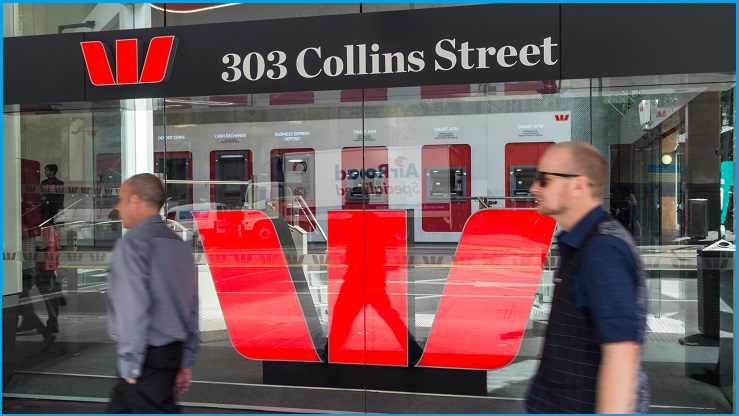Westpac has agreed to pay a record $1.3 billion fine after admitting it contravened anti-money laundering and terrorism financing laws 23 million times.
It is the largest ever fine handed to an Australian corporation.
Money laundering regulator AUSTRAC took the bank to court in November last year for failing to report $11 billion worth of International Funds Transfer Instructions (IFTI) and stop suspicious transfers relating to child exploitation.
In its review of the reporting errors – which spanned from 2013 to 2019 – Westpac pointed to a failed IT project which “gave assurance to management that all IFTIs were being noted as required” when they were not.
The implementation of this automated reporting system was dogged by “resource constraints in the relevant technology team” apparently caused by high staff turnover.
The bank also flatly admitted it “did not have a consistently clear understanding and appreciation” of its anti-money laundering and counter-terrorism financing obligations.
In a statement to shareholders, Westpac said it would have to provision an extra $404 million beyond the $900 million it expected to pay. That includes $3.75 million for AUSTRAC’s legal fees.
Westpac reported a net profit of nearly $1.2 billion in the first half of the 2019-20 financial year – a drop of over 60 per cent compared to the previous period.
AUSTRAC CEO, Nicole Rose, said the record $1.3 billion fine reflected “the serious and systemic nature of Westpac’s non-compliance”.
“Westpac’s failure to implement effective transaction monitoring programs, and its failure to submit IFTI reports to AUSTRAC and apply enhanced customer due diligence in relation to suspicious transactions, meant AUSTRAC and law enforcement were missing critical intelligence to support police investigations,” Rose said.
Westpac CEO, Peter King, offered his apologies in a statement.
“I would like to apologise sincerely for the bank’s failings,” he said. “We are committed to fixing the issues to ensure that these mistakes do not happen again.
“This has been my number one priority.”
King said the bank has since recruited 200 “financial crime people” to help reach and maintain compliance.
“We have also undertaken a reassessment of our culture, governance and accountability and are embarking on a comprehensive, multi-year program to strengthen how we manage non-financial risk across the group,” he said.
“This includes significant investment in training to support our people to better identify, assess and manage risks.”
Banks' complicity in money laundering has been in spotlight this week following a Buzzfeed-led investigation into thousands of suspicious activity reports that describe more than US$2 trillion of suspicious funds flowing through the world's biggest banks.










